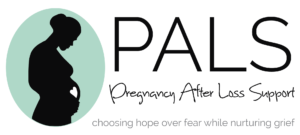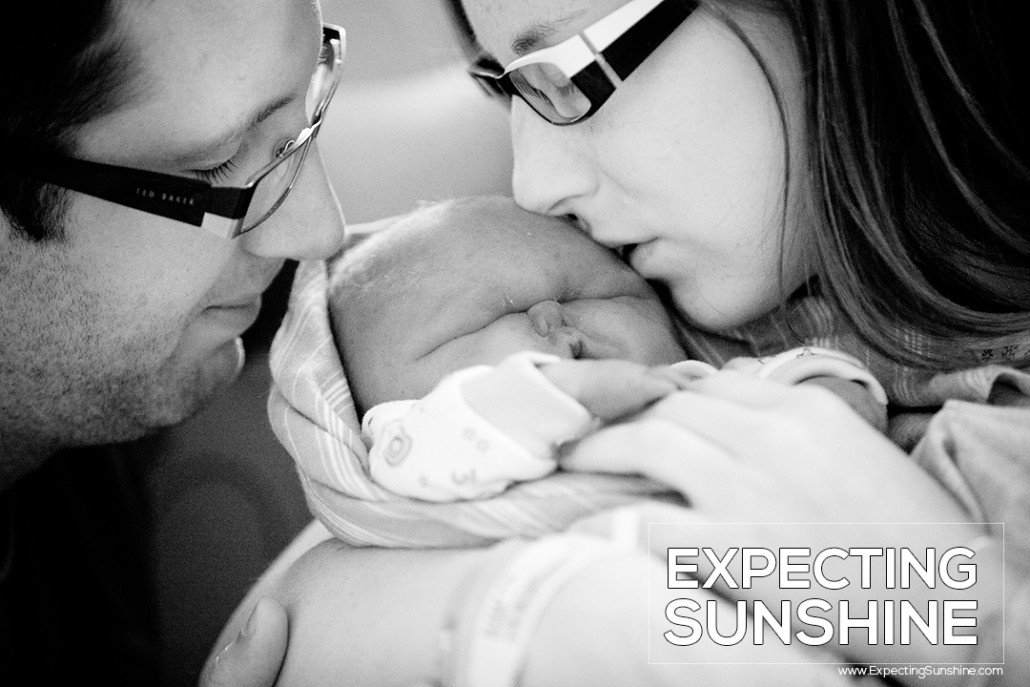
BACKSTORY
Expecting Sunshine the Documentary tells the story of writer and artist Alexis Marie Chute, as she sets out to rediscover her identity as a mother – and as a woman – after one of the most primal types of losses; the death of her newborn at birth. The story is framed within the three trimesters of her pregnancy that followed. Through artistic visuals, profound interviews, “luminous prose and with such clear-eyed insight,” Chute reveals the turbulent 40-week experience of having a baby after loss. Poignant, touching, tender and inspiring, Expecting Sunshine “makes death a starting point for the continuation of life.”
In 2010, Alexis Marie Chute’s son Zachary died at birth. He had a random genetic condition and a large tumor around his heart. Doctors predicted that Zachary would be stillborn, but he was born alive. He never made a sound or opened his eyes. Alexis Marie and her husband Aaron rocked and sang to Zachary. They only had a moment with their son before he died – and that was the moment that changed their lives forever.
When Alexis Marie got pregnant again with her next child, at first she was thrilled. Soon, though, that excitement turned to worry and a debilitating fear for her next baby’s life and safety. Would this child suffer the same fate?
In the 40 weeks that followed, she realized she needed to address her grief for Zachary, which she had tried to bury, before the birth of the child that followed. That is when Expecting Sunshine the Memoir was born; it became a creative narrative of survival. Expecting Sunshine the Documentary is the visual and literary manifestation of that experience.
The topic of Expecting Sunshine the Documentary is often taboo and uncomfortable for people who have not experienced this type of loss – which is exactly why there is a need for this film. Many do not know what to say or how to empathize with the bereaved parents, despite wishing to help. What this means is that families can feel isolated and suffer in silence, especially when they struggle with subsequent pregnancies.
This film will encourage discussion, community and healing for so many people. It will start a dialogue. It will shed light on a secret pain. It will be an education on healthy (and not-so-healthy) approaches to grief and healing. It will also show how creativity can be a balm to the wounded spirit. In this way, Expecting Sunshine will speak to viewers on many levels.
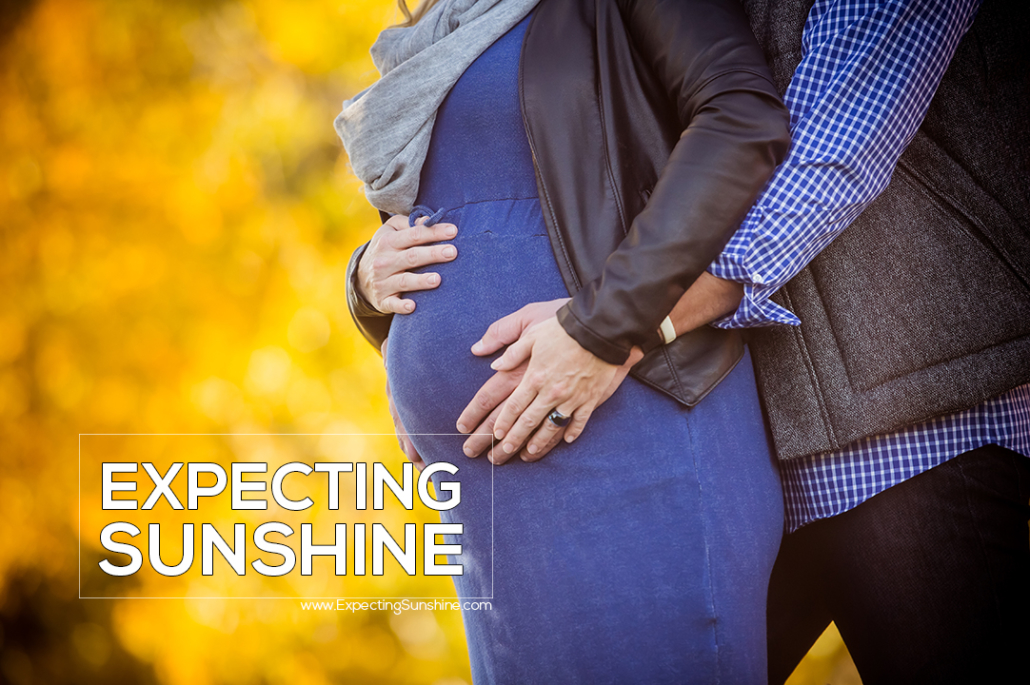
PREGNANCY AFTER LOSS
What many do not realize is that pregnancy after loss is actually an incredibly difficult time. Some believe conceiving after loss is a natural state of moving-on or a helpful distraction. On the contrary, it often brings to the surface many unaddressed issues, relational strains and fears.
Expecting Sunshine the Documentary chronicles Alexis Marie Chute’s experience of surviving pregnancy following Zachary’s death and navigating the delicate balance of anticipation and anxiety.
As an artist and writer, the perspective Alexis Marie brings to this project is a surreal and intimate one. She invites viewers into her creative perceptions of grief and healing, presenting her darkest days and also her moments of hard-earned resiliency and triumph. Anyone who has lost a person will connect with her reflections and be inspired by her stubborn determination to find the sunshine, the hope in times of personal trials.
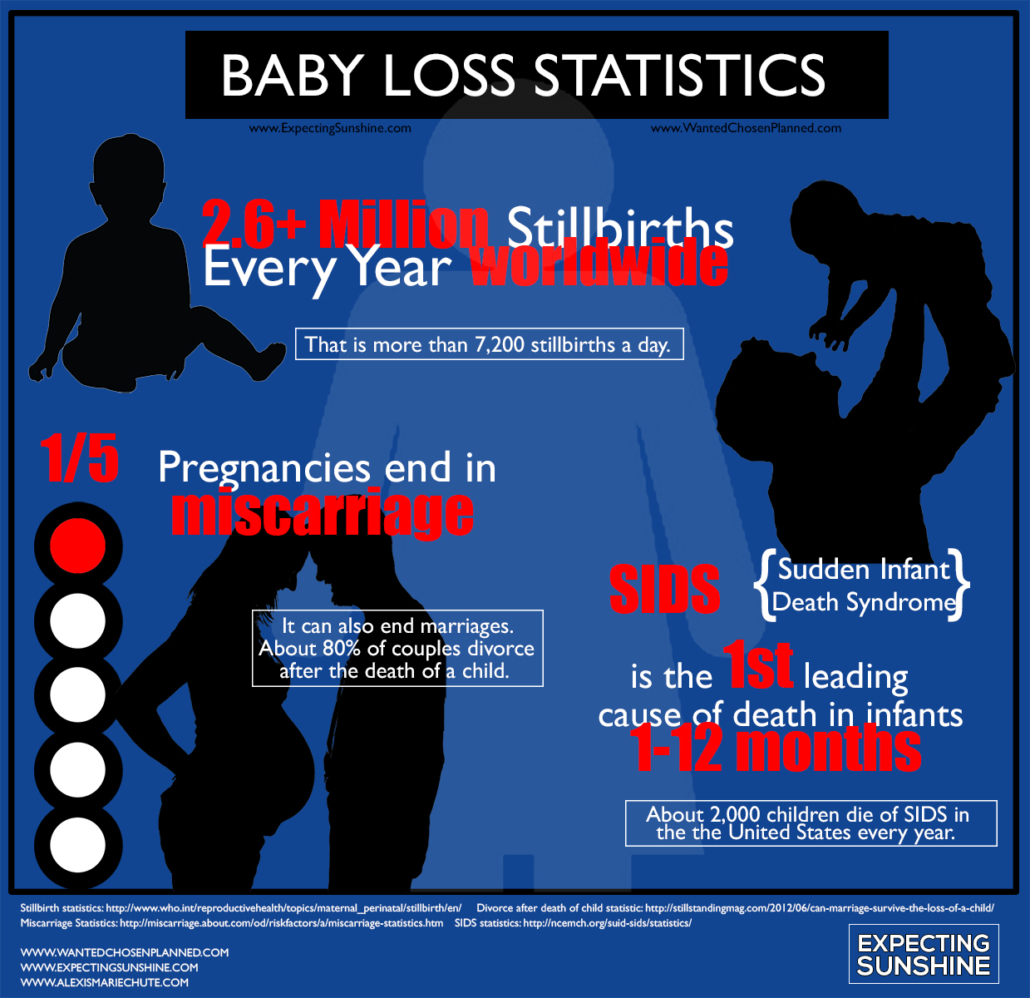
STATISTICS
It is very likely that you or someone you know has been affected by the death of a child. The statistics around baby loss are heartbreaking and are worth noting as they relate to the film.
What do the statistics around baby loss mean in practical language? They equal a huge number of people that are affected by miscarriage, stillbirth, SIDS and other types of losses of children – every year, around the world.
Alexis Marie Chute and her crew believe that family is everything. Children are incredibly important, and their deaths leave a profound gap in the hearts and lives of not only their parents, but also in their extended families and communities.
Filmmaker Alexis Marie Chute believes in celebrating each child’s life, however brief, and honoring the individual experience of grief. She is a proponent of what she has termed, “The Healthy Grief Movement,” which would see that there is a compassionate vocabulary to talk about the loss of a child, that everyone receives support no matter their race, religion, orientation, or gender, and that we can create positive rituals to celebrate those who have died.
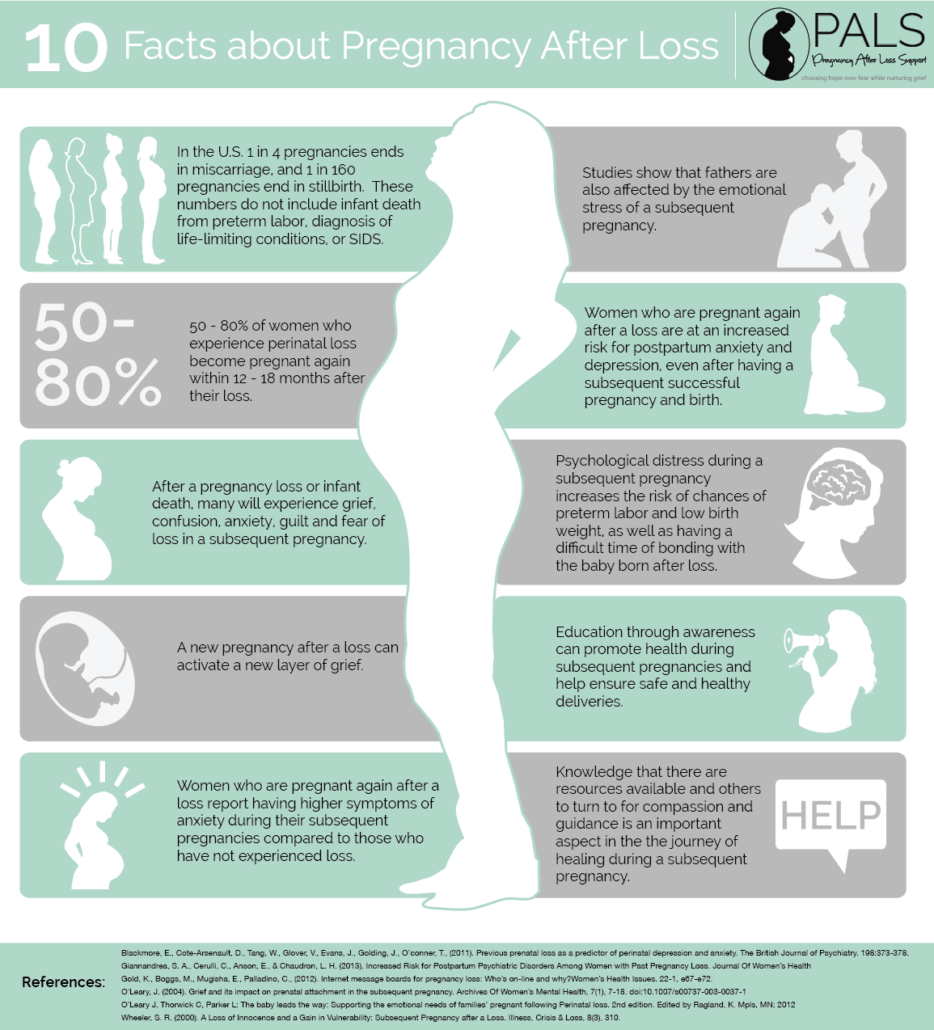


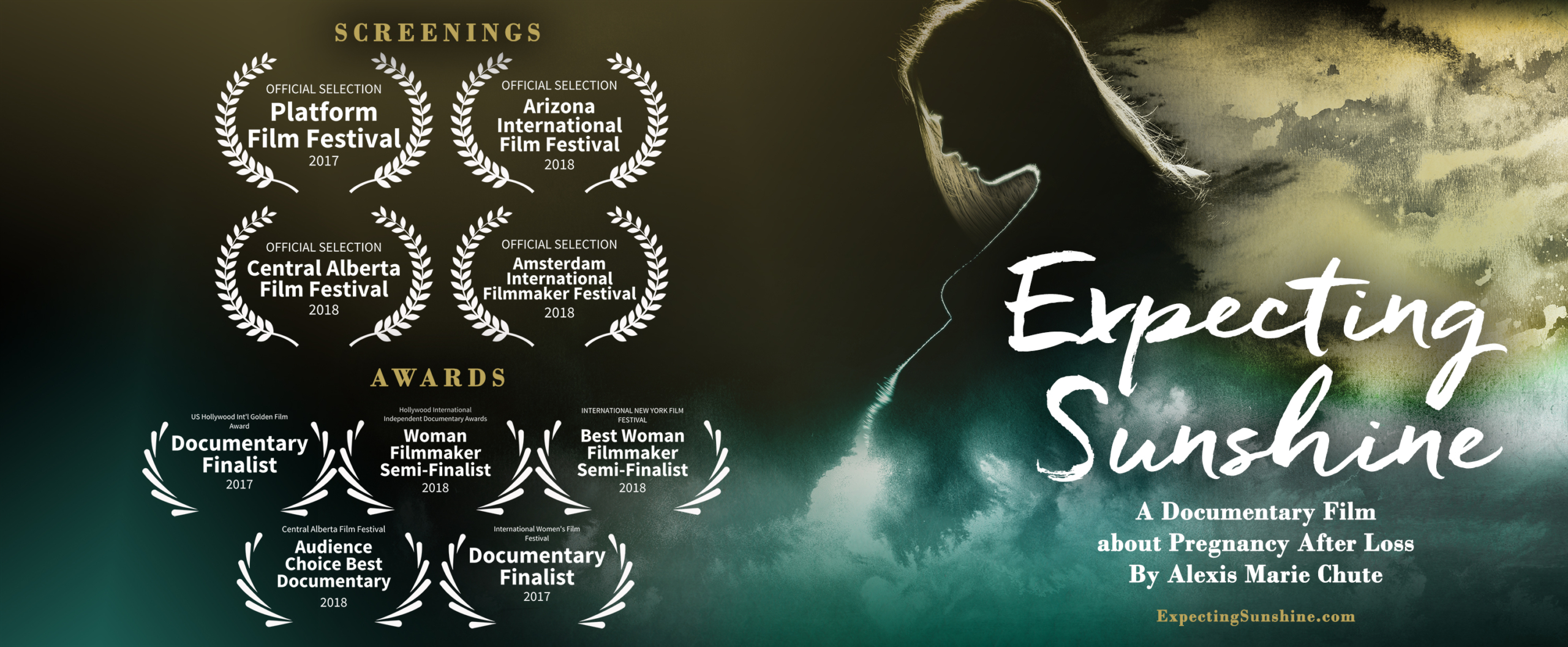
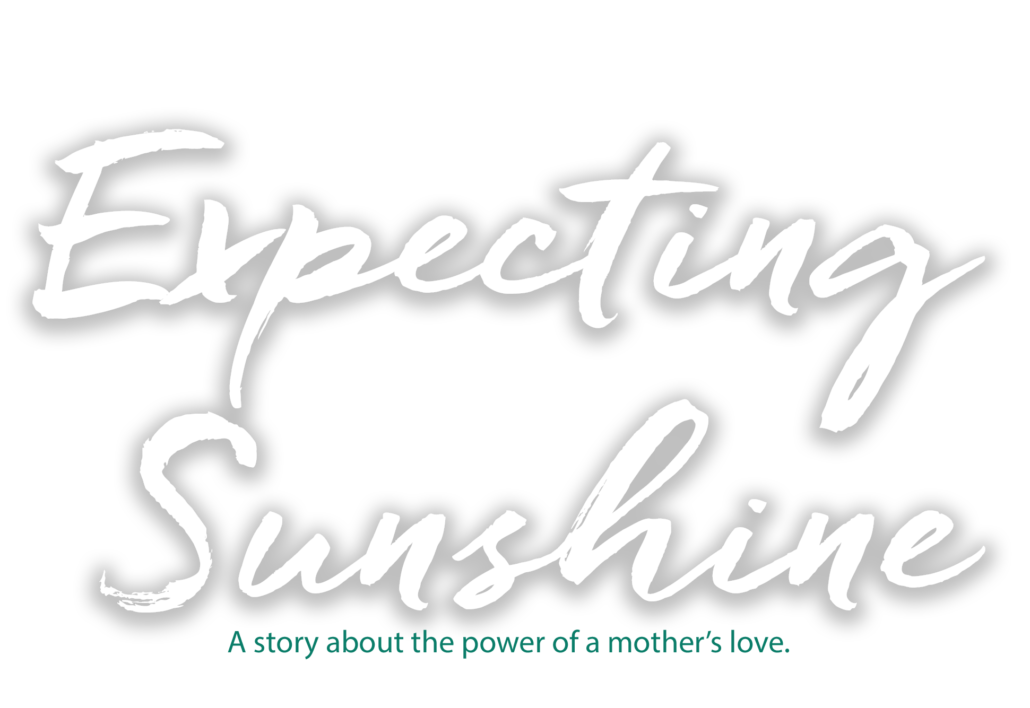
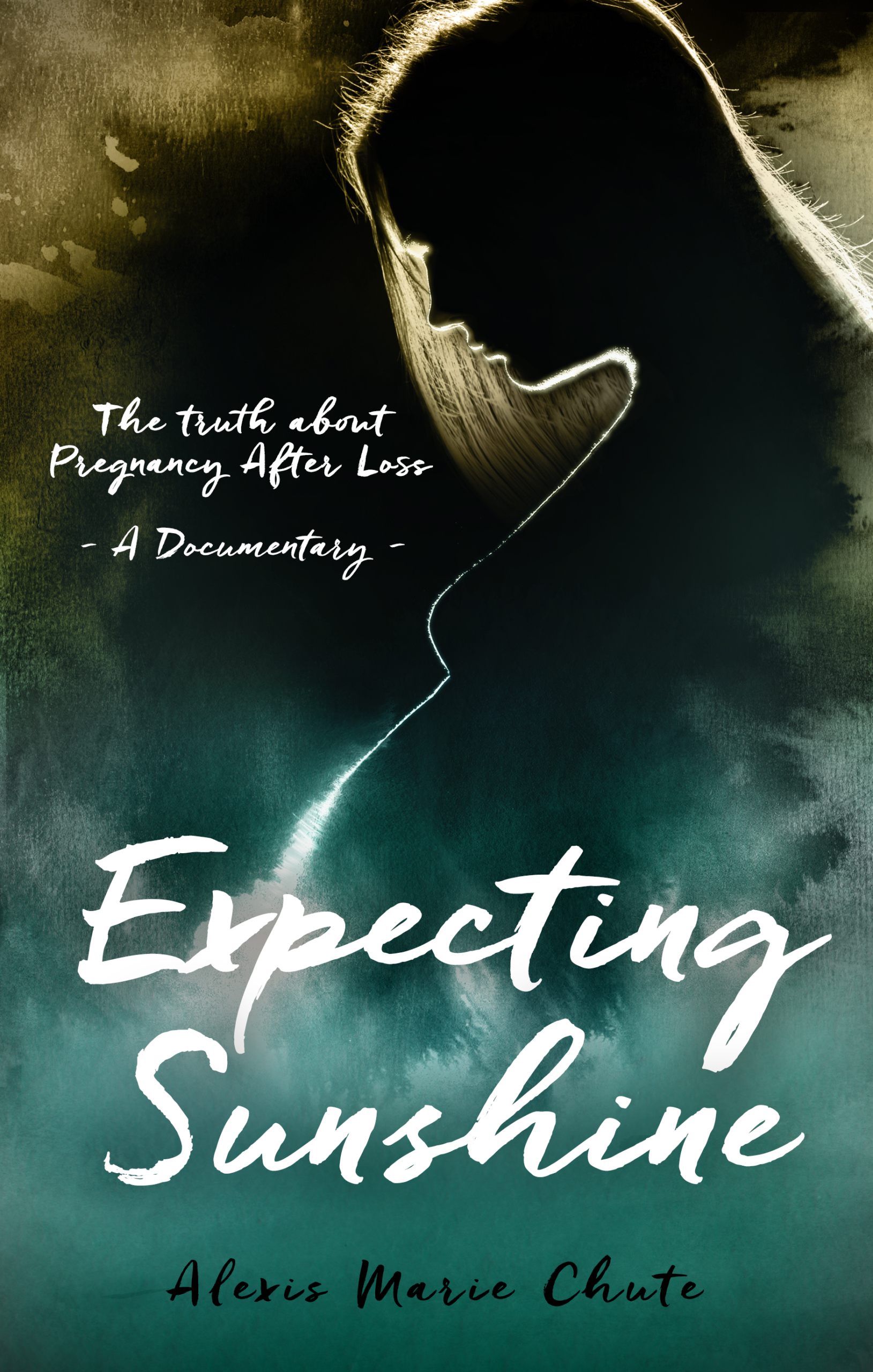

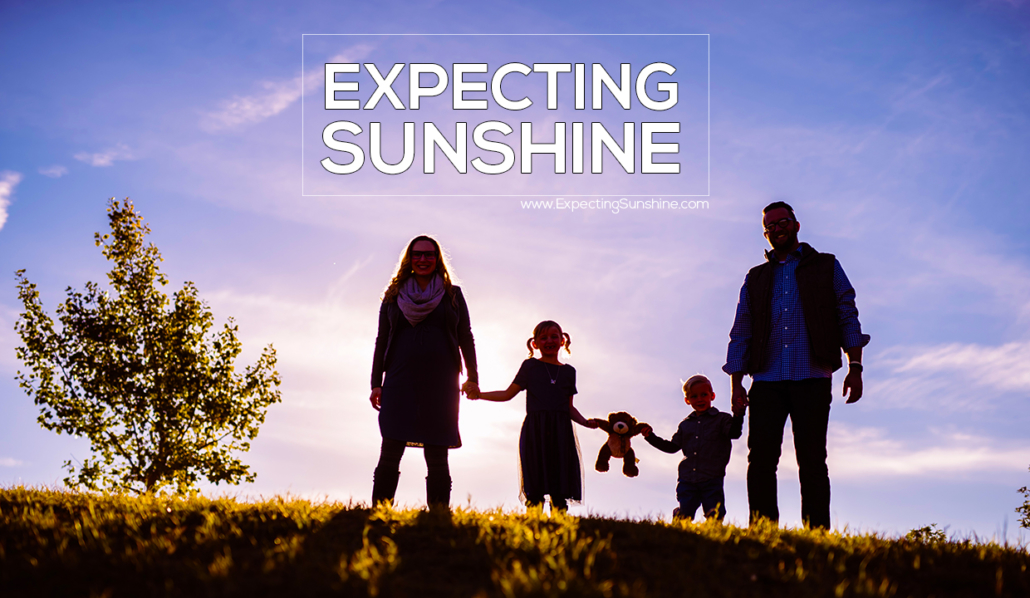
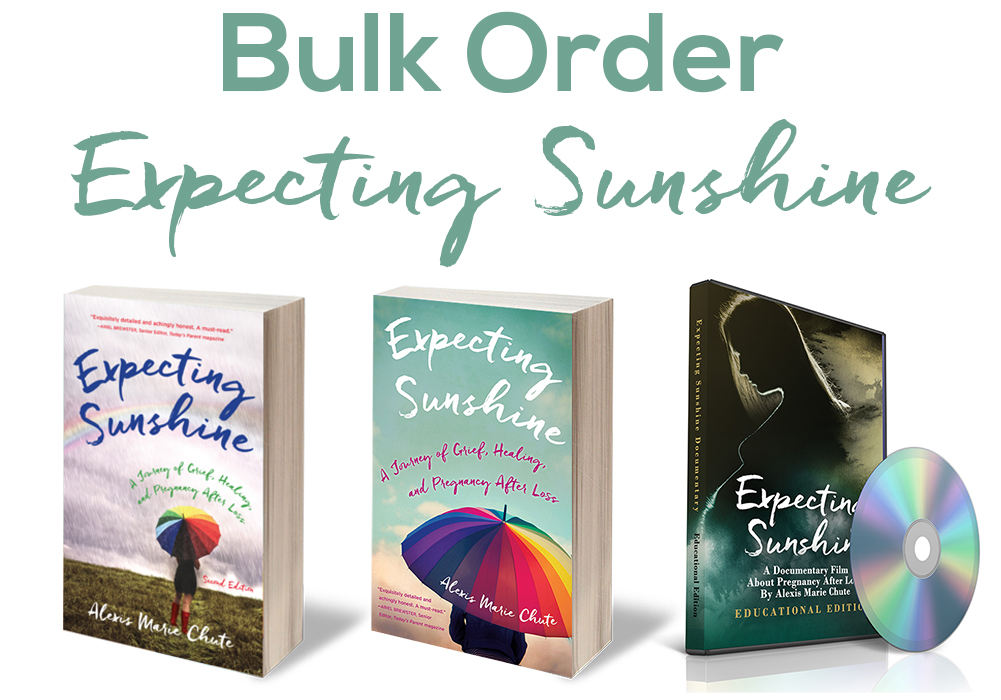




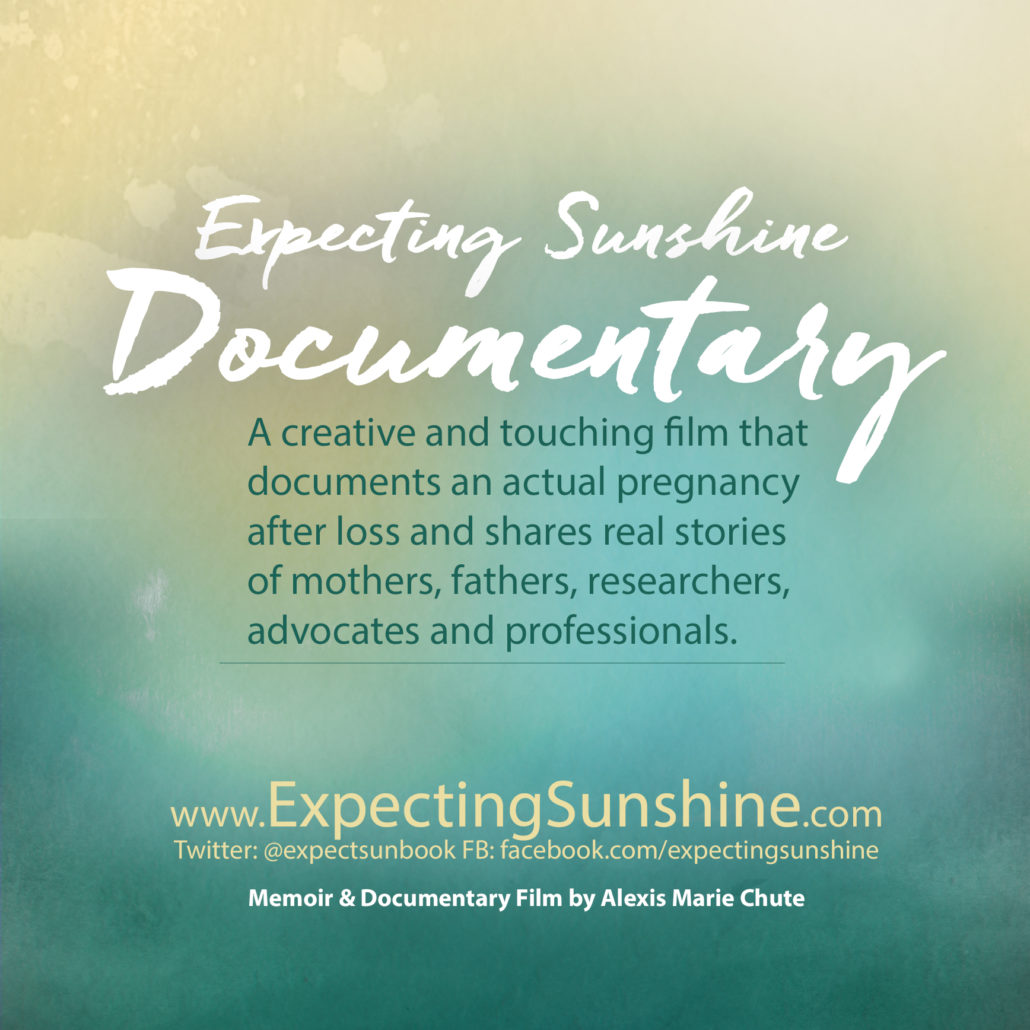
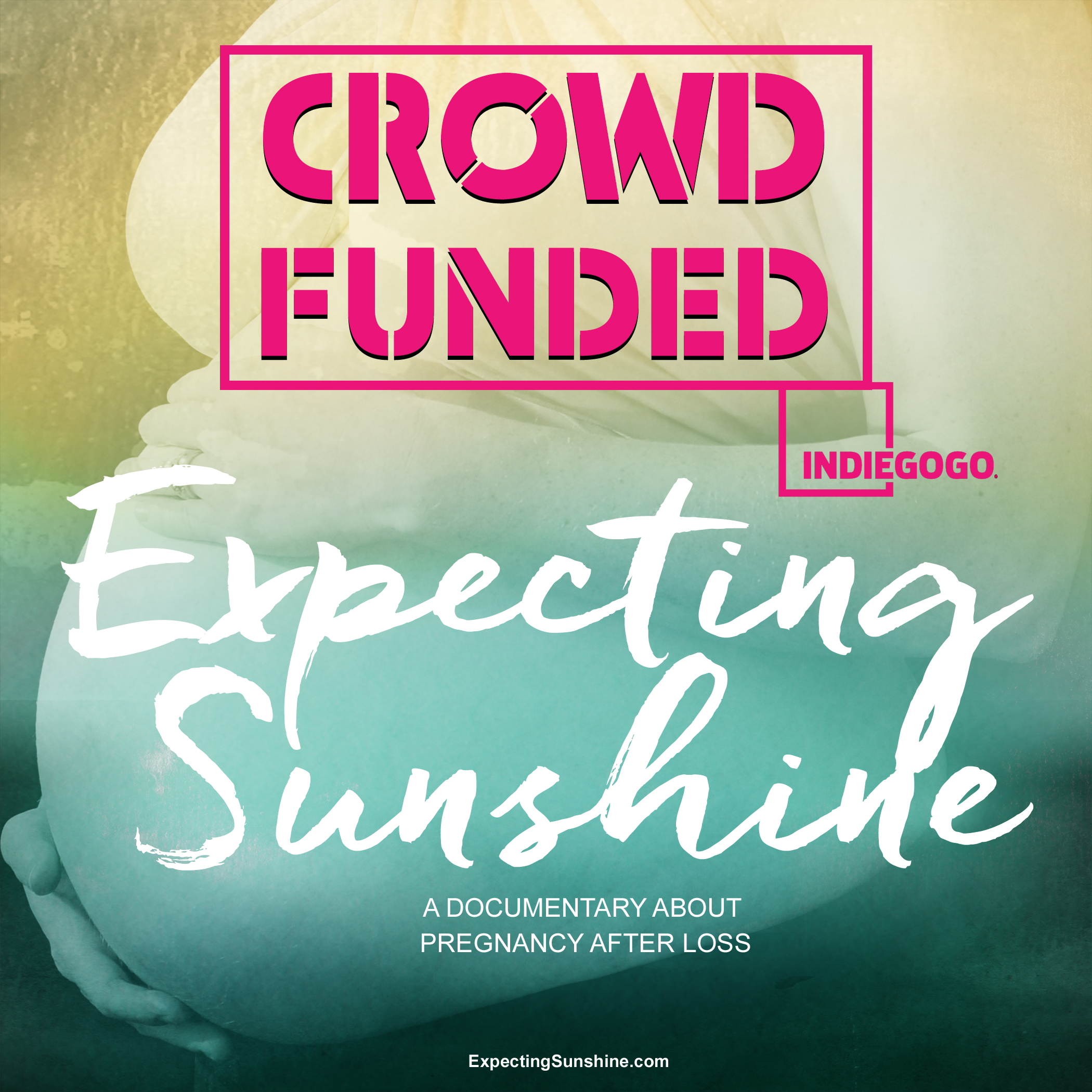
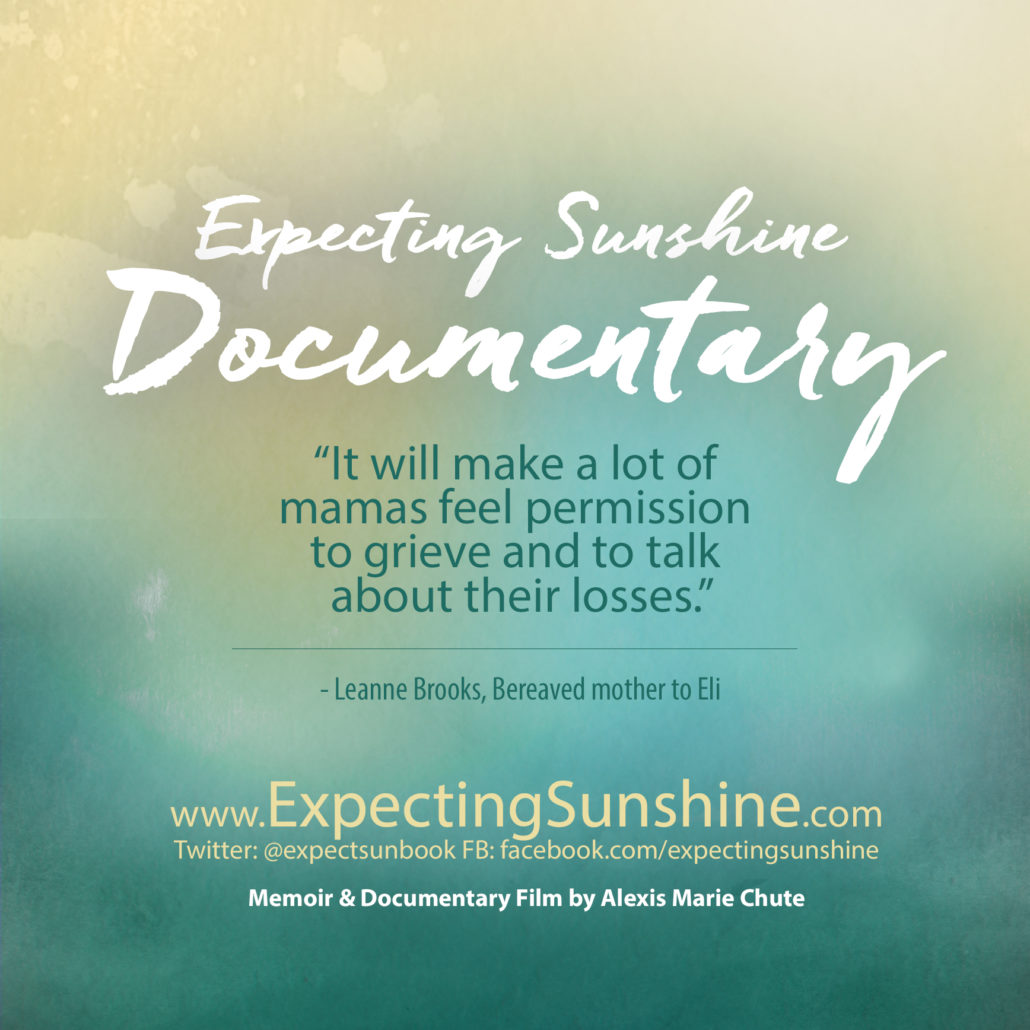

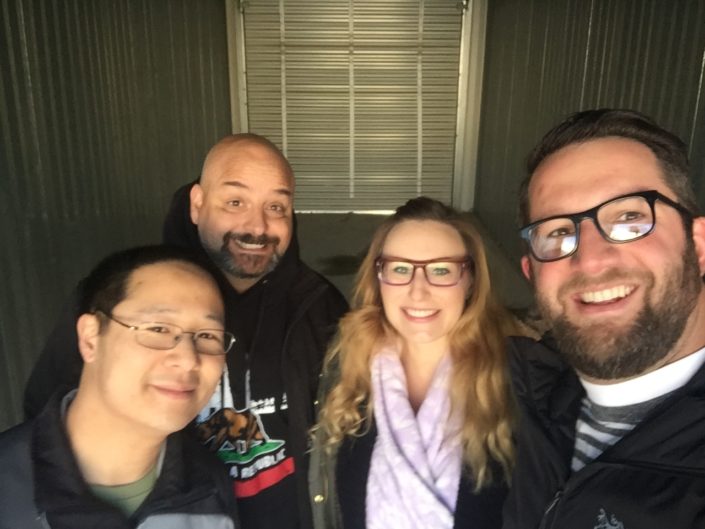
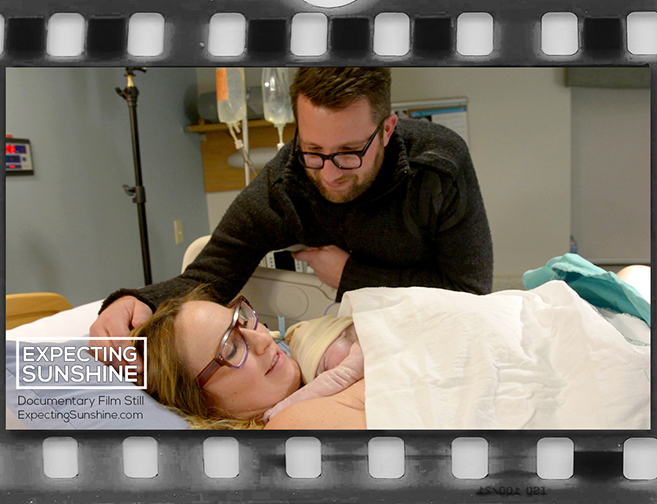
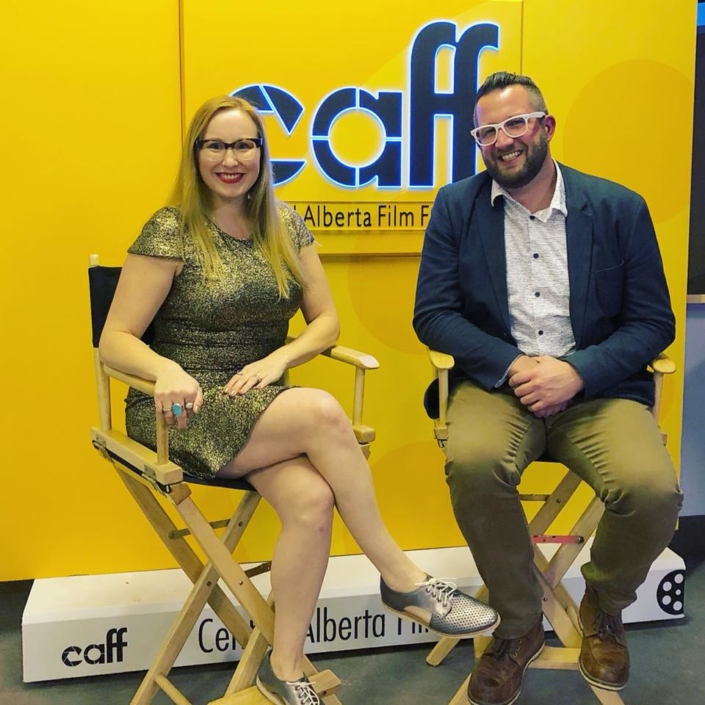
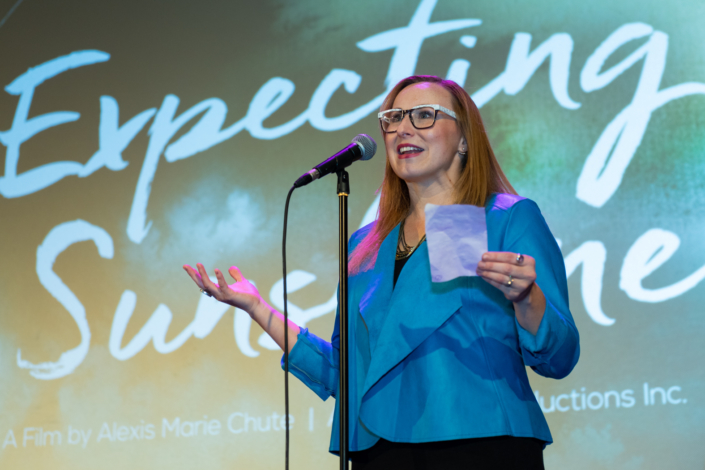
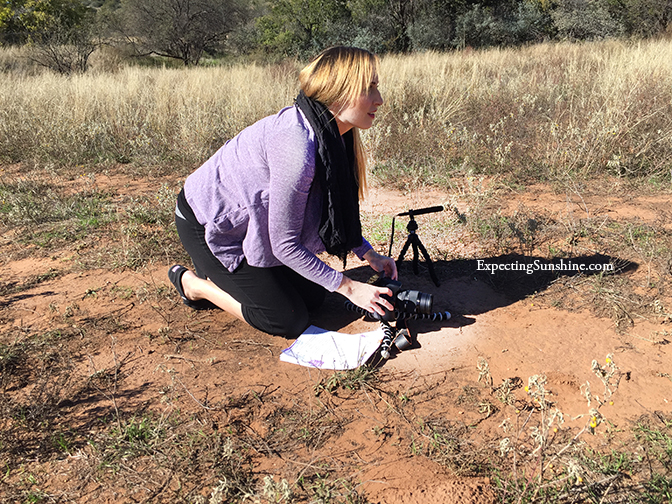
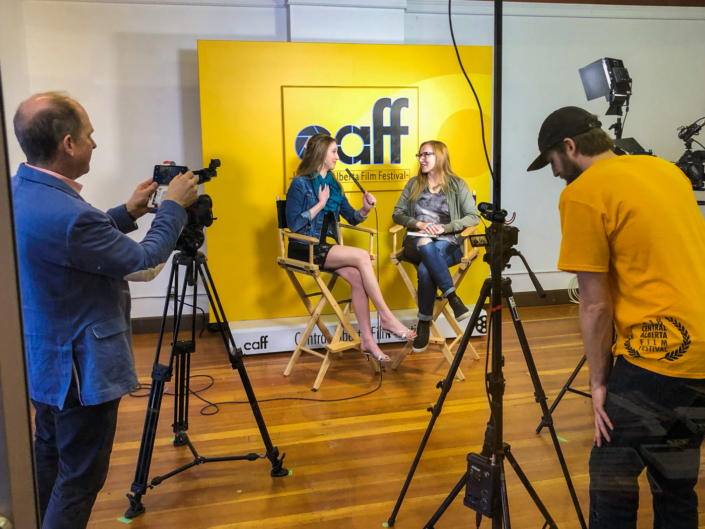
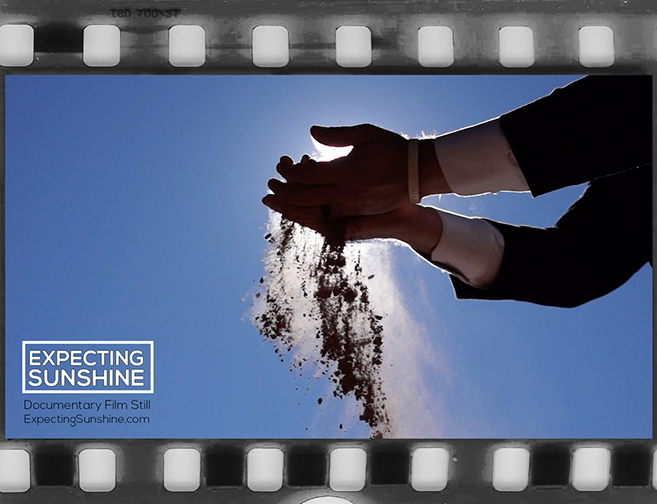

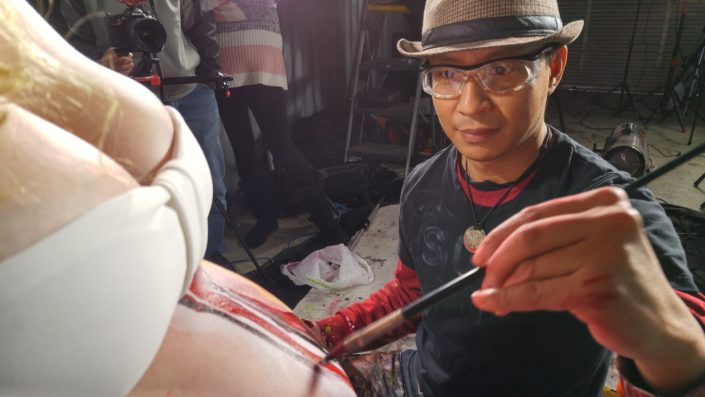
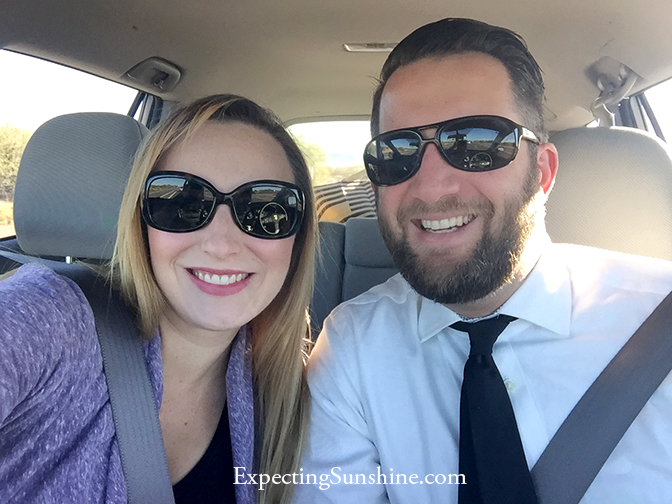
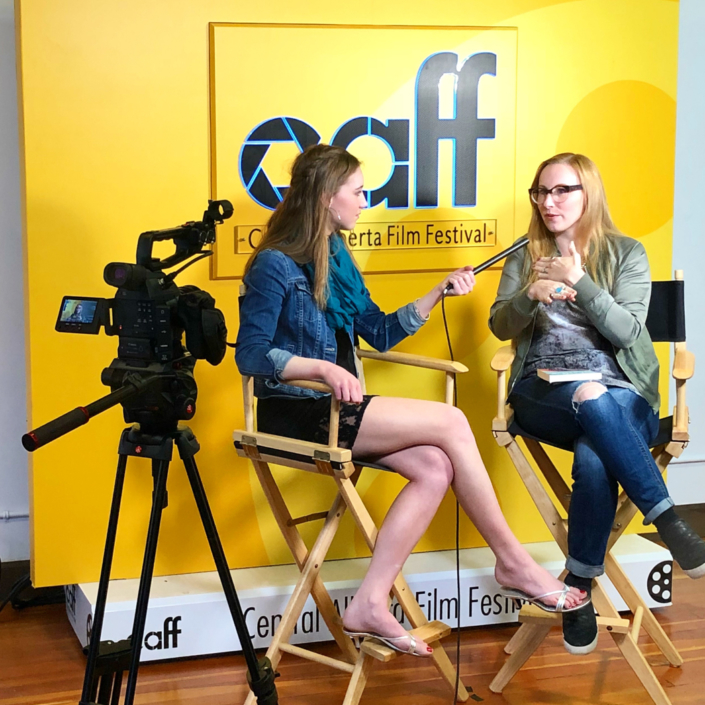
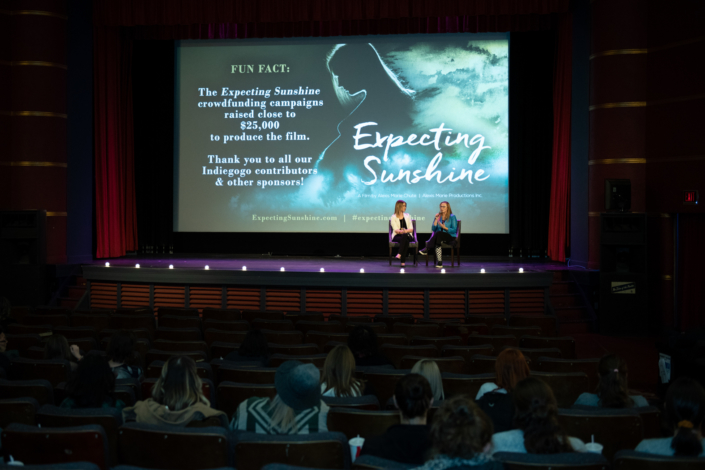

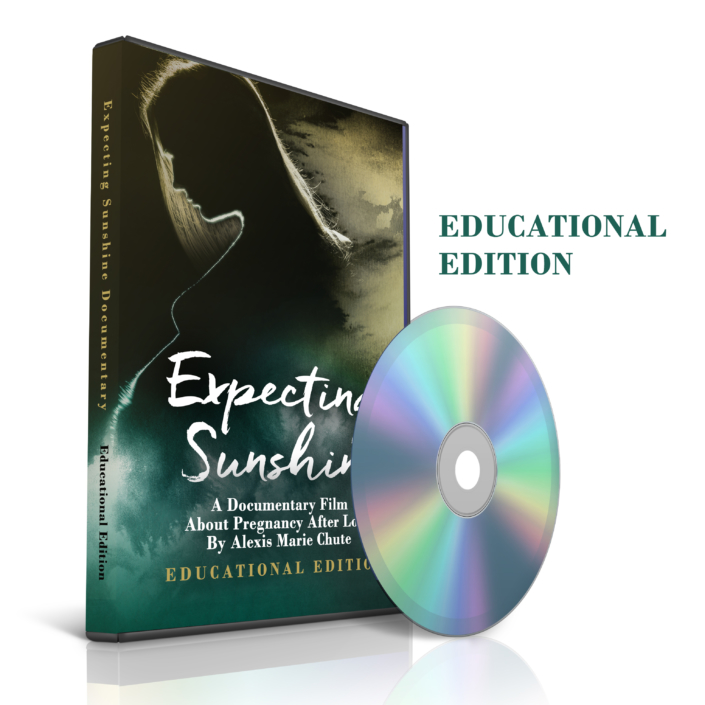
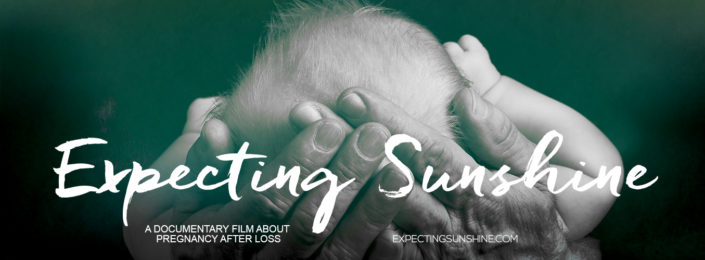
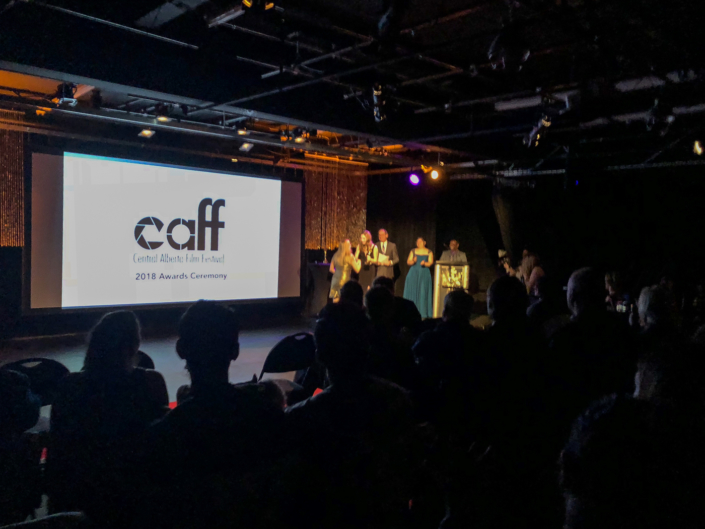
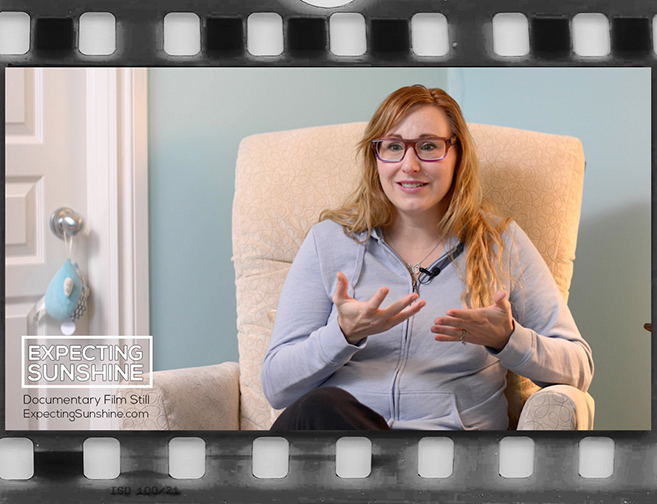

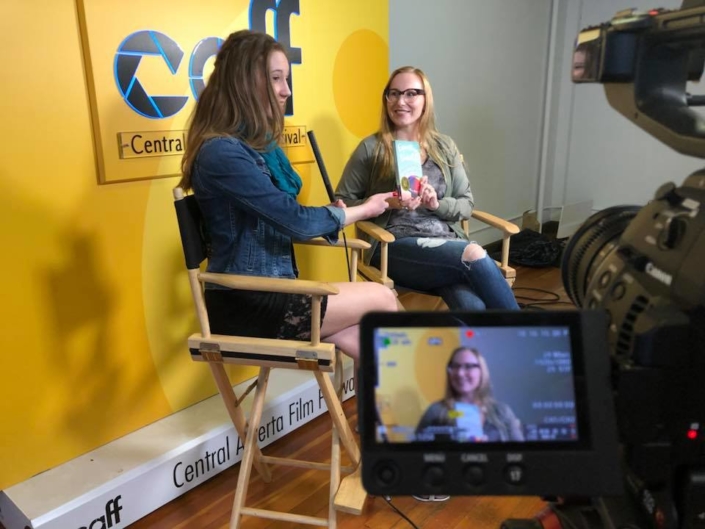
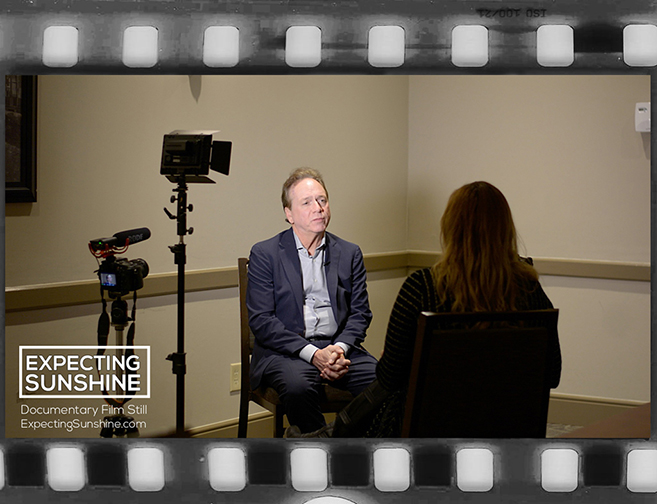
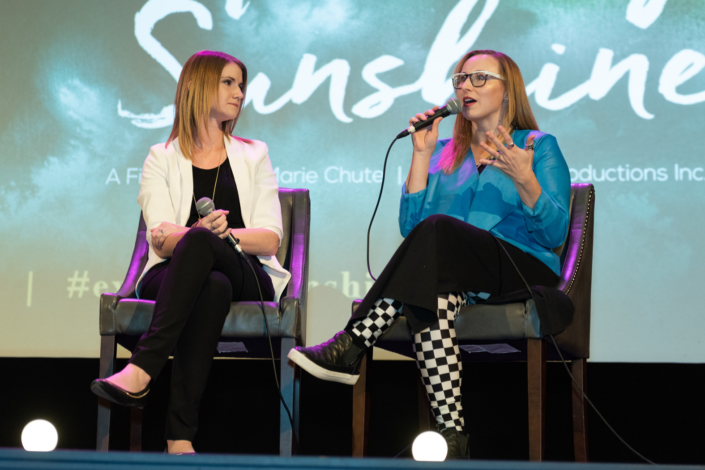

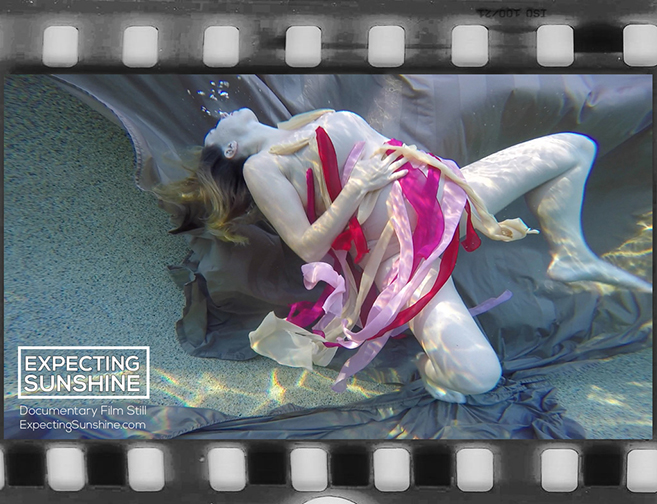
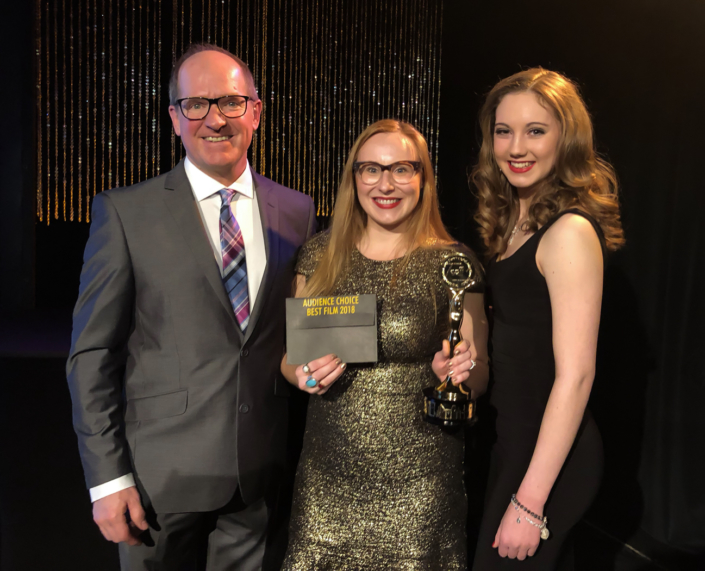
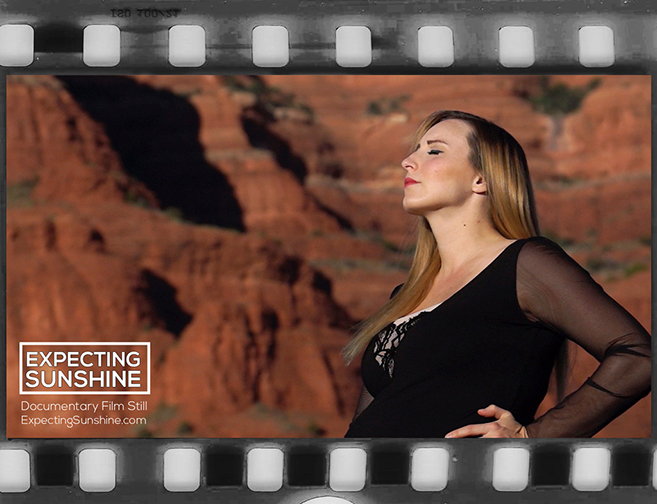
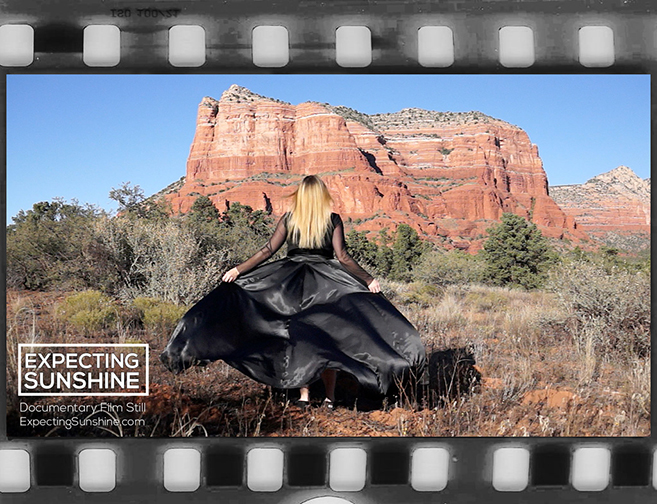

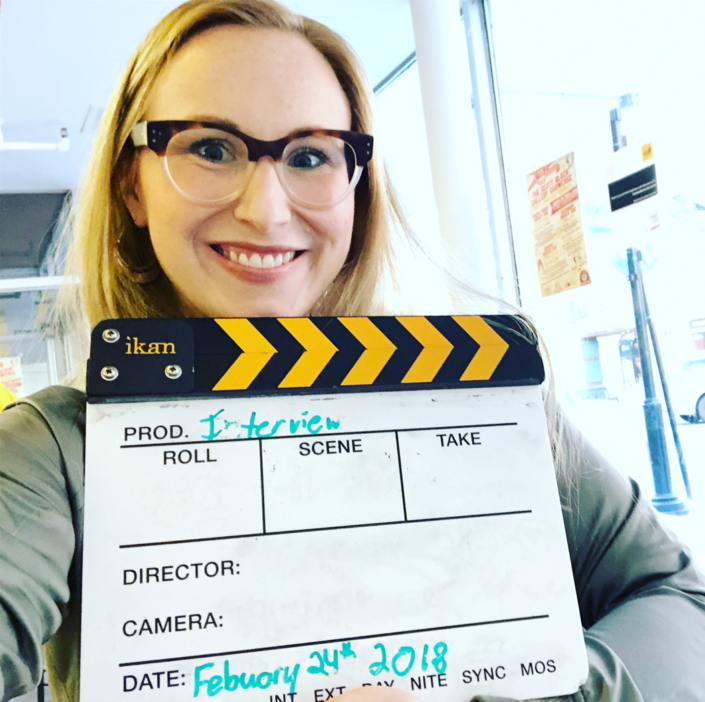
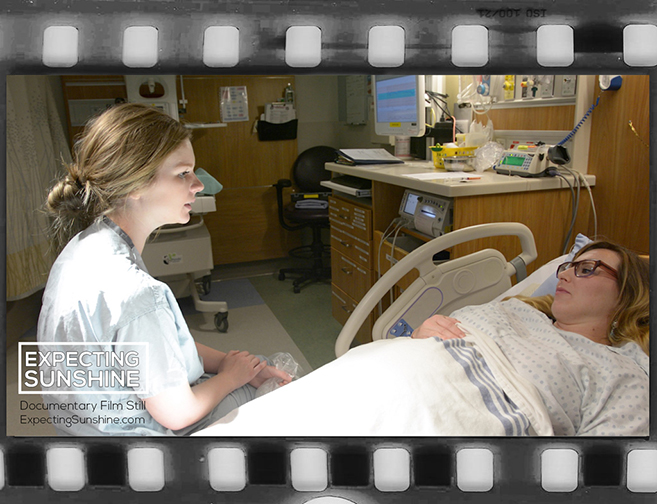



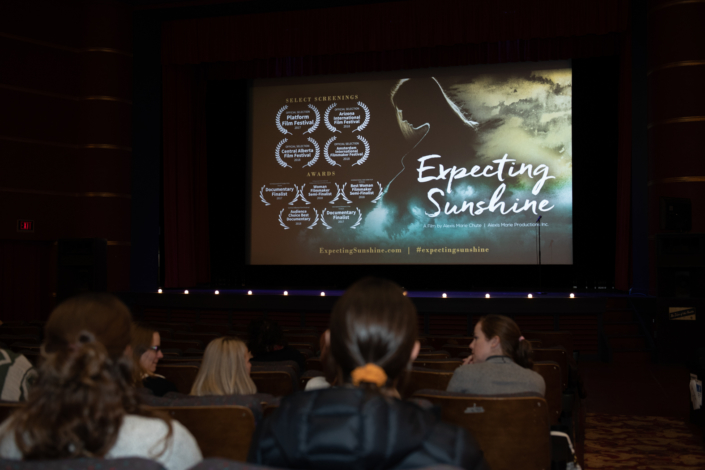

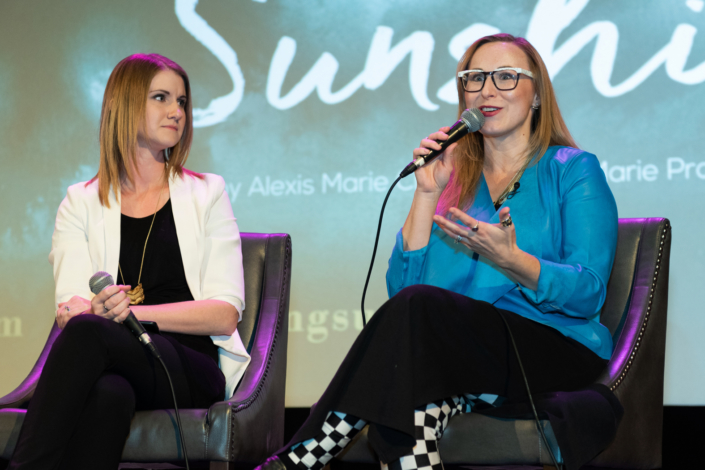
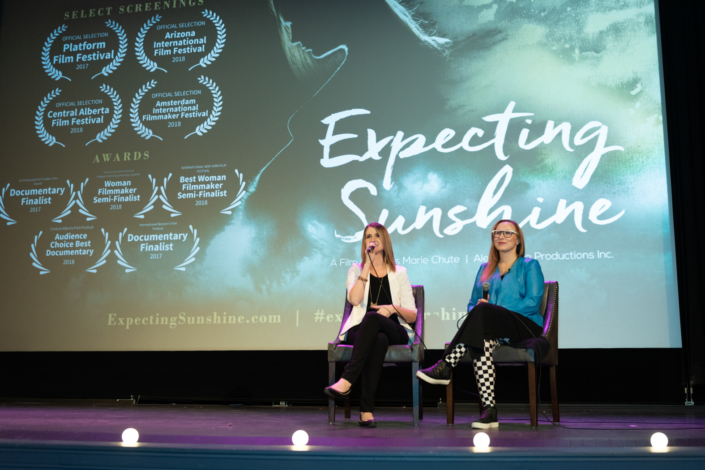
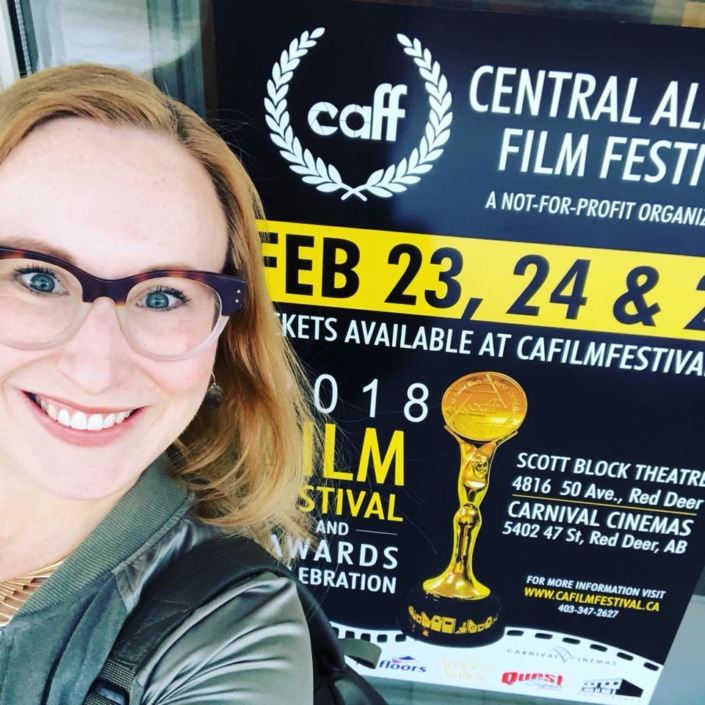
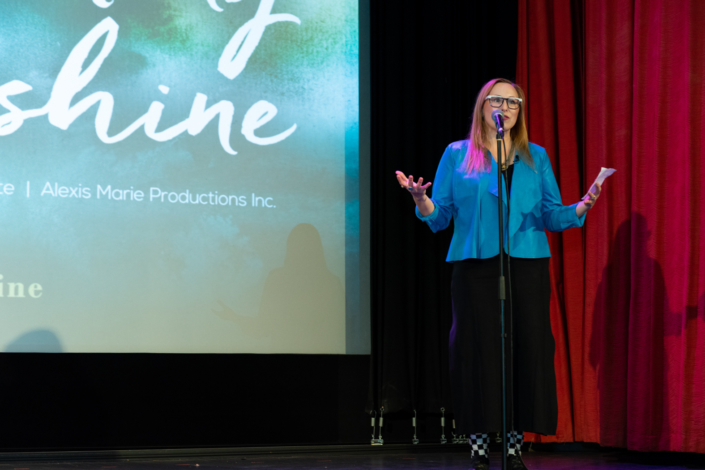



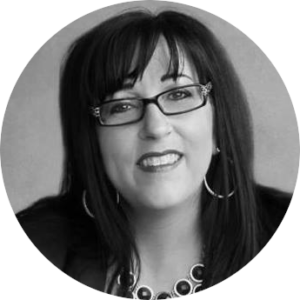
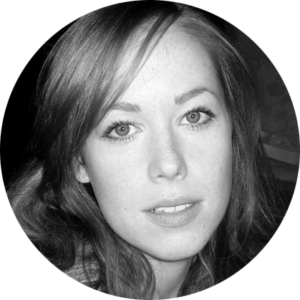
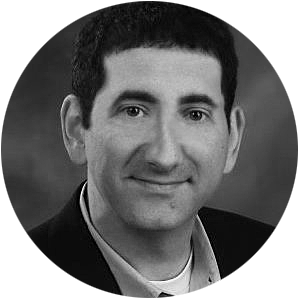
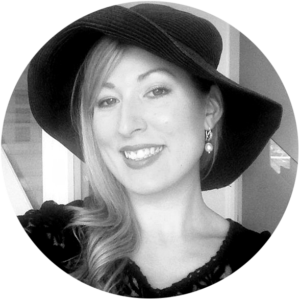


 Thank You to our Sponsors!
Thank You to our Sponsors!


